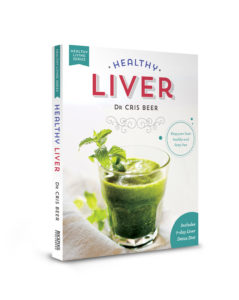Article in Body and Soul
If you’re not quite ready for a life of nappies and sleepless nights, freezing your eggs might seem like an easy way to beat the biological clock.
But before you put all your eggs in one basket (yep, we went there), here are some need-to-know facts on egg freezing.
“I regularly encounter women in my clinic that are considering delaying having a baby due to career or personal reasons. They often ask me if they should freeze their eggs to be able to be used later on if needed. Here’s what I tell them…”
Freezing your eggs doesn’t guarantee fertility success
The success rate for a frozen egg becoming an actual baby is about 20 to 30 per cent meaning that for every ten eggs that are frozen only two or three will actually successfully develop into a baby.
The success of this process depends on several factors including the age of the woman when the eggs were collected (the younger you are the better the egg quality), the age of the woman when the eggs are put back into the mother’s womb (the younger you are the better the chance the eggs have), and any co-existing medical factors that may be present such as polycystic ovaries, endometriosis, diabetes, very high body weight, and other factors which we fully don’t yet medically understand.
Egg implantation has a better success rate if fertilised
The success of whether a frozen egg will become an actual baby increases up to 50 per cent if the egg is frozen as an embryo. An embryo is an egg that has been fertilised with sperm either from a male partner or a sperm donor.
This then poses a significant ethical dilemma for some women in that if they do not currently have a male partner then they may need to find a sperm donor if they wish to increase fertility chances.
Also if there are any unused embryos once a woman has finished having her desired number of children then these can either be destroyed or donated. Destroying embryos may pose another ethical dilemma for women as these have the potential to be a baby.
Yet donating embryos to someone else means that they could go on to raise a child that is legally able to contact you from their adolescent years onwards.
Egg collection involves surgery and medication
Collecting eggs involves a woman having to inject herself with hormones that induce egg growth. This can be a painful and distressing process for some women.
Once the eggs are mature enough they are harvested by a surgical procedure that usually involves anaesthetic. This too can be an uncomfortable procedure. The whole process takes at least one month to collect enough eggs but may involve several months and can be expensive and time-consuming, requiring time off work.
Overall, deciding to freeze your eggs is a very personal decision and one that needs to be done with full consideration.
#healthyhabits #healthyliver
Dr Cris
Holistic Medical Doctor, Author ‘Healthy Habits, 52 Ways to Better Health‘ and Healthy Liver



